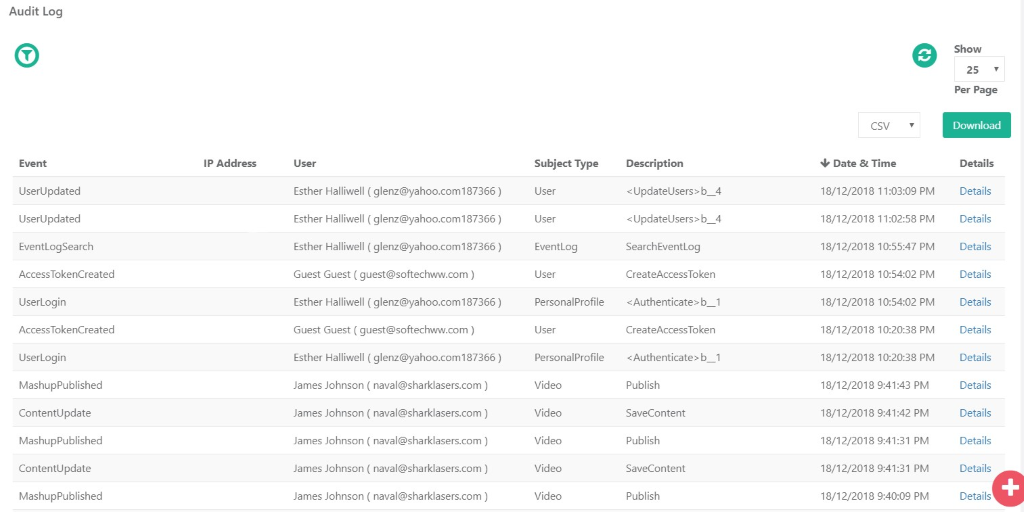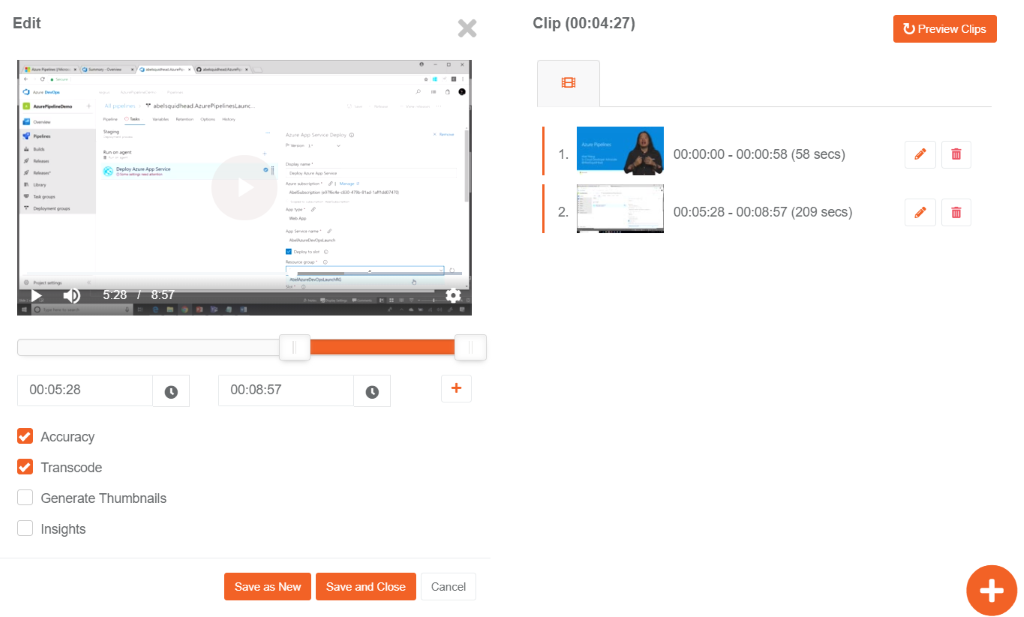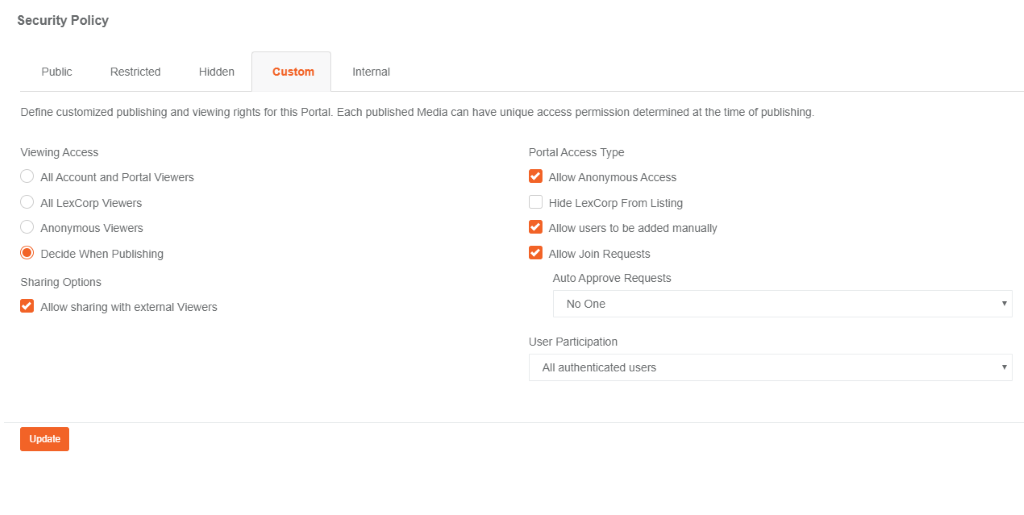With the COVID-19 pandemic forcing people into their homes, teleconferencing tools like Zoom saw a rise in popularity, finding use in schools, companies and governments, most famously UK’s cabinet meetings, in this challenging time. However, with Zoom's security issues recently coming to light, apparently, this rise was a double-edged sword. Zoom’s CEO Eric. S. Yuan admitted that the surge in users was unanticipated and they were not prepared.
Zoom’s popularity, termed as the Zoom Boom, was largely owed to its ease-of-use, such as starting or joining a meeting with a single click, which came with some security. This cost made sense in the company’s market of large enterprises with dedicated IT support that it was originally designed for. In fact, these security issues were only noticed after Zoom took off and more people started using it in ‘consumer’ ways.
Regardless, to comfortably accommodate the growing users, Zoom is working tirelessly to fix as many security and privacy issues as possible. From publicly exposed meetings to Internet trolls hijacking conference conference calls in a phenomenon the media has dubbed as 'Zoombombing', reports of security breaches have generated concern among Zoom customers. Last year, they announced that they are freezing new features to redirect resources towards fixing their security vulnerability.
When you think about it, it’s nothing out of the ordinary. A company’s growth, especially as quick as Zoom’s, is not all smooth sailing. It comes with plenty of hurdles and challenges – challenges like having your recorded meetings on the Internet a Google search away. Zoom serves as an excellent, unparalleled video conferencing tool, however storing, editing, managing and sharing is not within their line of business.
This is where VIDIZMO comes in
We understand that to make the most of video conferencing and working from home in this challenging time, it is essential to be able to record meetings and revisit them upon need, to simulate a normal working environment as closely as possible. When you don’t have your coworkers right there to help you recall the conversation, the best you can have is a recording of the meetings that you can then watch later.
However, this would only work if you could be confident that your recorded meetings, and any sensitive information within, are safe and secure, out of reach of unauthorized people. With its integration with Zoom, VIDIZMO, a secure YouTube-like enterprise video platform, can pull your Zoom cloud recordings of meetings and webinars for you to securely store and share them behind VIDIZMO’s robust security policies, which are customizable for specific business requirements.
Read More: How to Use Recorded Zoom Meetings and Webinars as Video-On-Demand?

While most meetings are confidential, you may have certain meetings that you would want to share with the public. You can select, for each individual recording, whether you want only registered users – typically your company's employees – to have access to it or you want the general public to be able to view it too. Hence, you can securely share your recorded Zoom meetings.
Apart from that, even within employees, you may not want all of them to have access to a certain recorded meeting. For example, you may not want the marketing department to have access to a meeting among the HR personnel. On VIDIZMO, you can choose specific users and groups that can view each recorded meeting and protect it with a password.

Furthermore, you can maintain your company’s hierarchy on your VIDIZMO portal with Role-Based Access Control (RBAC). VIDIZMO assigns each registered user a role based on the actions they can perform. You can select which roles can view certain recorded meetings. This would come in handy when you don’t want employees to have access to meetings among managers or directors, for instance.
VIDIZMO takes it a few steps further. You have the option to set an expiration date on any recorded meeting you share on the portal, further ensuring that only relevant people view it within a relevant period. Registered users can be logged out automatically after an interval of your choosing, upon which they have to log in with their credentials again, making it unlikely that just anyone could access registered accounts.


You can even restrict access in certain locations which makes sense for governmental meetings that you would not want to be accessible outside your own geographical areas, or certain locations where diplomats may be residing.

VIDIZMO gives you a transparent look into the activities performed in your portal by registered or unregistered users so you can keep track of how your recorded meetings are being interacted with. You can keep an eye out for any unauthorized activity with VIDIZMO’s Audit Log.

Finally, in VIDIZMO, you have control over how and when your content gets published on your portal. You could either have it ingested automatically or upload a local recording at your leisure. There are circumstances where you would not want to share the entire recorded meeting. For instance, you may want to trim out any small talk in the meeting or share a particular instance. VIDIZMO comes with a built-in clipping tool for you to edit your recorded Zoom meeting before ingestion, all in the same window.

Read More: Live Streaming Zoom Meetings & Webinars With a Secure Video Platform
Conclusion
Zoom is going to great lengths to resolve all the concerns its users have brought up regarding their security and privacy measures. But if you are particularly concerned about secure storage and sharing of your recorded Zoom meetings, VIDIZMO’s fully-packed platform offers you near-perfect security while providing you a complete video content management solution.

To learn more about VIDIZMO’s offerings
Or better yet try the solution yourself!
Posted by VIDIZMO Team
We at VIDIZMO are experts in secure and compliant video streaming and digital evidence management. Our aim is to help educate such that you can better utilize your video data.
- Tags
- EVCM





